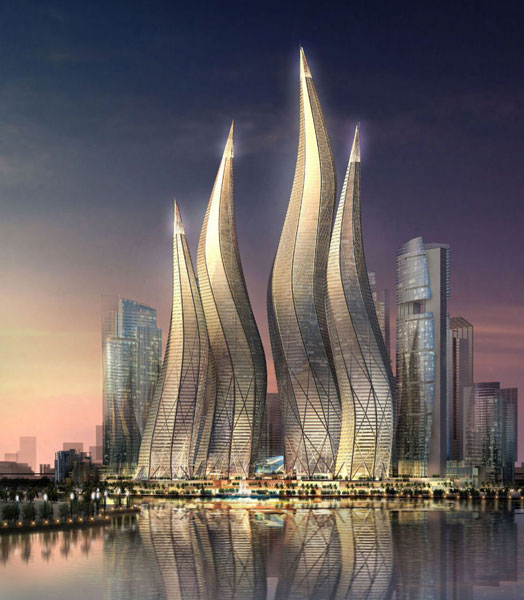 OK, the experiment in blending semi-officially begins. Last night, I went to hear Paul Goldberger talk about the challenges facing cities in the 21st century. I blogged about the lecture at length today on OregonLive. If you’re looking for a fairly close account of what Goldberger said, that’s the place to go.
OK, the experiment in blending semi-officially begins. Last night, I went to hear Paul Goldberger talk about the challenges facing cities in the 21st century. I blogged about the lecture at length today on OregonLive. If you’re looking for a fairly close account of what Goldberger said, that’s the place to go.
Here’s a paragraph from that post:
To my mind, the most important idea in Goldberger’s lecture is his description of the public realm It’s a squishy idea, maybe, comprising the things we as citizens of a specific city, Portland, have in common and the common ground on which we meet, the sense of community and the place of community, the generation of specific culture and its transmission through the city. The sprawling, atomized, privatized, cities that Goldberger is arguing against can’t be as vital, as integrated, as creative as the traditional city that Portland has tried to preserve, aggressively since the defeat of the Mt. Hood Freeway proposal in the 1970s and its replacement with light rail. Or at least that’s what his argument for the public realm suggests.
Goldberger isn’t the first to worry about the public realm, the erosion of our common ground, the withdrawal from the drama and information and diversity of the street. We even worry about it here on Art Scatter, if only because we worry about it in our own selves! It’s related to our concern about democracy — which can only be successful if the public realm is open and active and fluid. The promise of democracy is that it will produce BOTH better decisions AND decisions that people will support. Better decisions depend on the diversity of opinion and creativity of mind that the public realm encourages. And wide support depends on the trust and breadth of discussion that the public realm creates.
Although Goldberger couldn’t have been more complimentary about “Portland” as an attempt to produce and preserve a vigorous public realm, I think his instincts as a journalist, meaning I suppose his professional skepticism, might have made him wonder just how far-reaching and solid our achievements really are. If I could, I would have asked him about that. The popular impression, he said, is that Portland is the “anti-Houston”; but I doubt that he traveled far outside the central core of the city to areas that are as placeless as any nowhere corner at the intersection of major arterials in the Houston mega-plex. Our experiment in the “public realm” is incomplete, we’d all agree.
Ultimately, did Goldberger make me feel “better” about the future of cities? Not really, but that wasn’t his goal. He simply located some areas we should be vigilant about. But there are other more vicious threats out there. Goldberger didn’t mention climate change, for example, or even more lethal applications of technology than atomization and its resulting anomie or my own favorite — something plague-like that does an end run around our compromised worldwide centers for disease control. Or, for that matter, the social turmoil that comes from the unequal distribution of resources in a world of resource scarcity. I still see the towers of Dubai in my head…